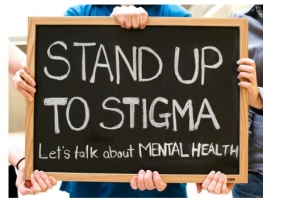
In response to decreased funding of community-based behavioral health services and the impact on Cook County, Cook County Board President Toni Preckwinkle and Cook County Health & Hospitals System (CCHHS) CEO Dr. Jay Shannon announced plans to expand behavioral health services in the coming year. CCHHS intends to make significant investments in the coming year to provide a continuum of behavioral health services available to those who need it. Plans include:
Community Triage Center
Working closely with President Preckwinkle and the Cook County Justice Advisory Council, CCHHS will establish a pilot 24/7 Community Triage Center (CTC) in the Roseland neighborhood to provide early intervention services for individuals who are at risk of detention or hospitalization due to behavioral health conditions. The CTC is expected to open later this year and county officials predict it could divert hundreds of individuals from local emergency departments and the Cook County Jail in the first year.
Behavioral Health Consortium
Working closely with several key behavioral health providers, CCHHS, through its Medicaid health plan CountyCare, will establish a Behavioral Health Consortium to transform community-based care. Among other interventions, providers in the CountyCare network will have access to a single point of contact when in need of services for a patient 24/7/365. Each call to the consortium will be triaged and appropriately referred to a community-based mental health or substance abuse provider.
Integrating Behavioral Health into Primary Care Medical Homes (PCMH)
Integrating behavioral health into primary care promotes effective and efficient systems of care. The vast majority of individuals with behavioral health conditions present in the primary care setting and not in a specialty behavioral health clinic. Overwhelming evidence indicates that historic primary care models are inadequately prepared to recognize and treat these conditions.
Expanded Substance Abuse Treatment
CCHHS currently provides substance abuse treatment at the Cook County Jail and in its emergency rooms. At Stroger Hospital, 14 percent of emergency room visits and 16 percent of inpatient visits are attributed to the growing problems of addiction and overdoses of opioids. Community-based opioid overdose prevention services are available but are declining due to funding cuts. CCHHS is developing a strategy that would provide these treatments to at-risk patients in the event of an overdose.









